Simone de Beauvoir, one of the most influential philosophers and writers of the XNUMXth century, approached old age with a unique and deeply analytical perspective. This article explores how Beauvoir viewed old age, unraveling the layers of meaning and social implications in her view.
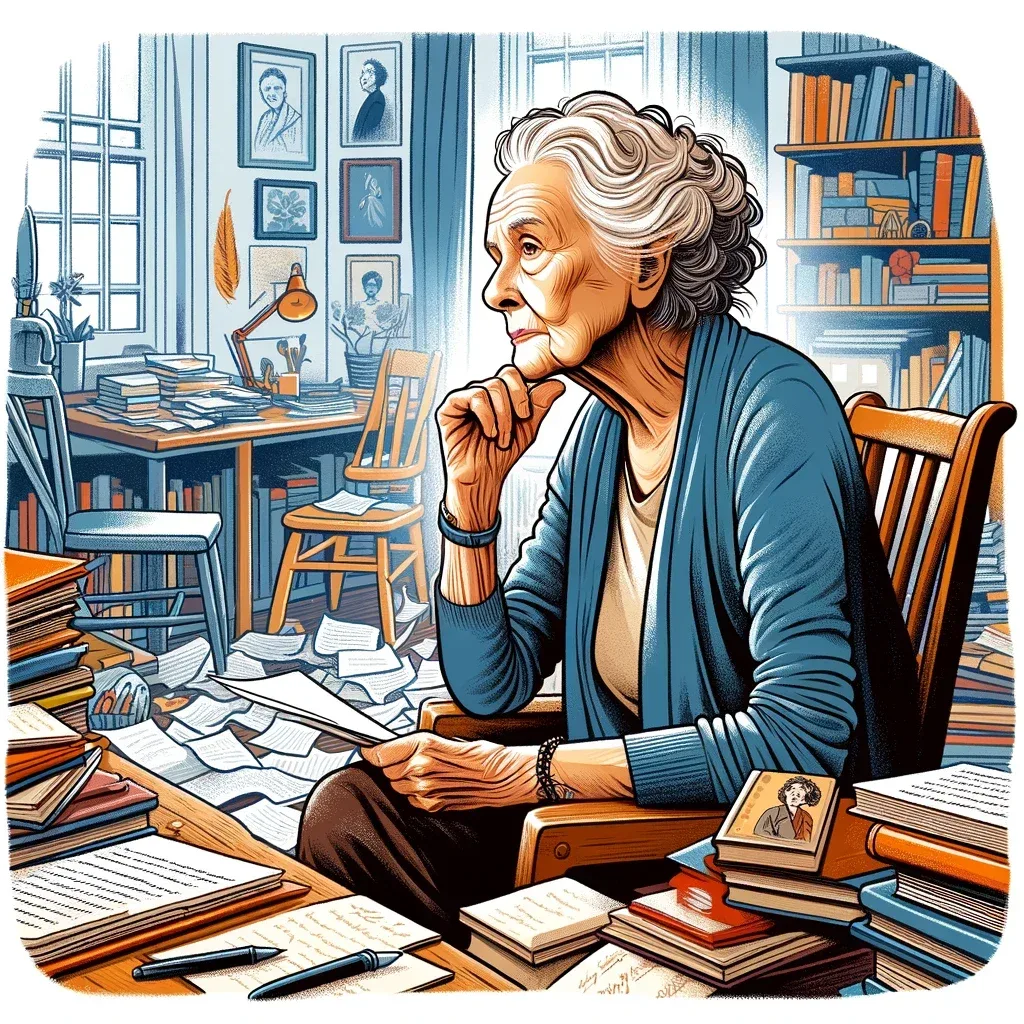
Old Age from Beauvoir's Perspective
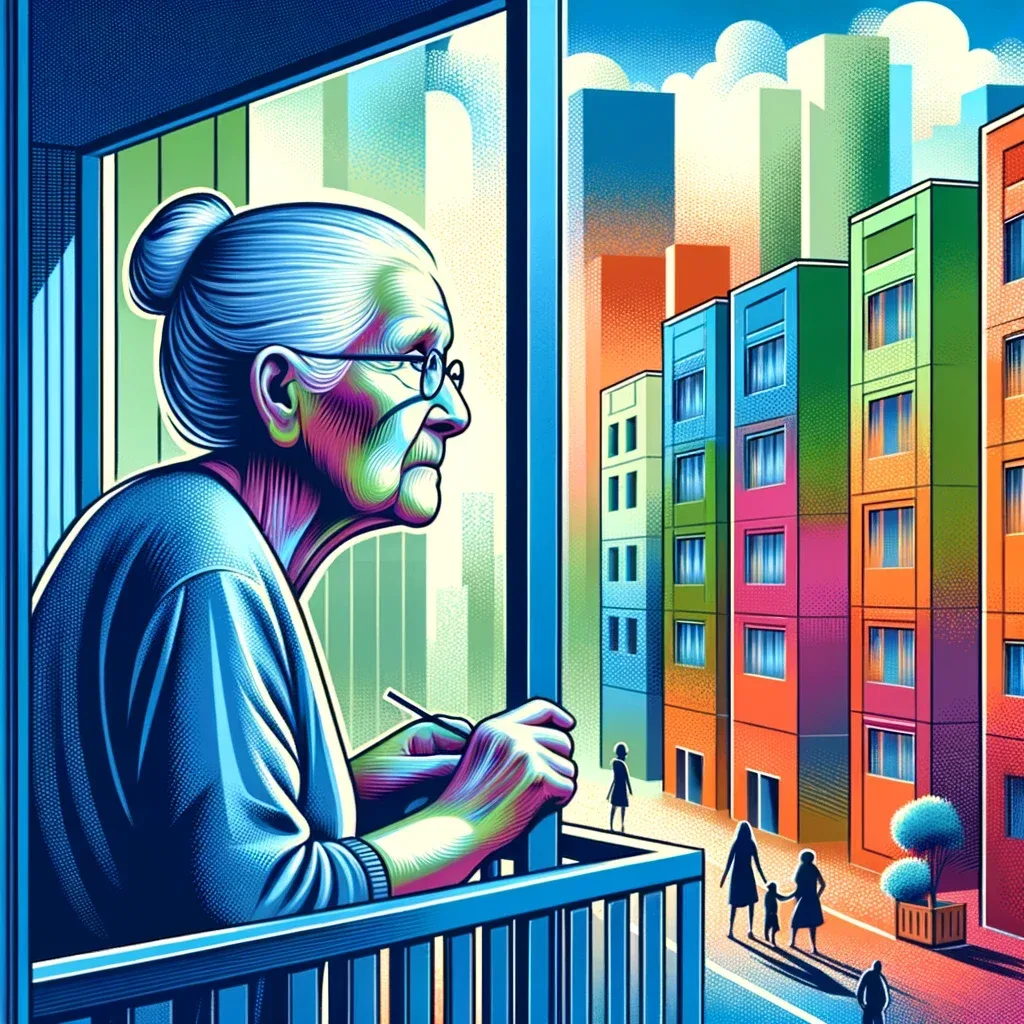
The Context of “The Old Age”
Simone de Beauvoir wrote “Old Age”, a detailed study of aging, in which she examines the experience of old age in various aspects. This work is often considered one of the first and most profound studies on the subject in modern philosophy.
Old Age as Oppression
Beauvoir characterized old age as a form of oppression. She argued that older people are often marginalized and stigmatized in many societies. According to her, old age is not only a biological phenomenon, but also a social and cultural one.
Connection to Existentialism
As an existentialist, Beauvoir saw old age as a challenge to individual autonomy and freedom. She emphasized the importance of authenticity and freedom of choice, even in the face of the limitations imposed by aging.
Social Implications of Old Age
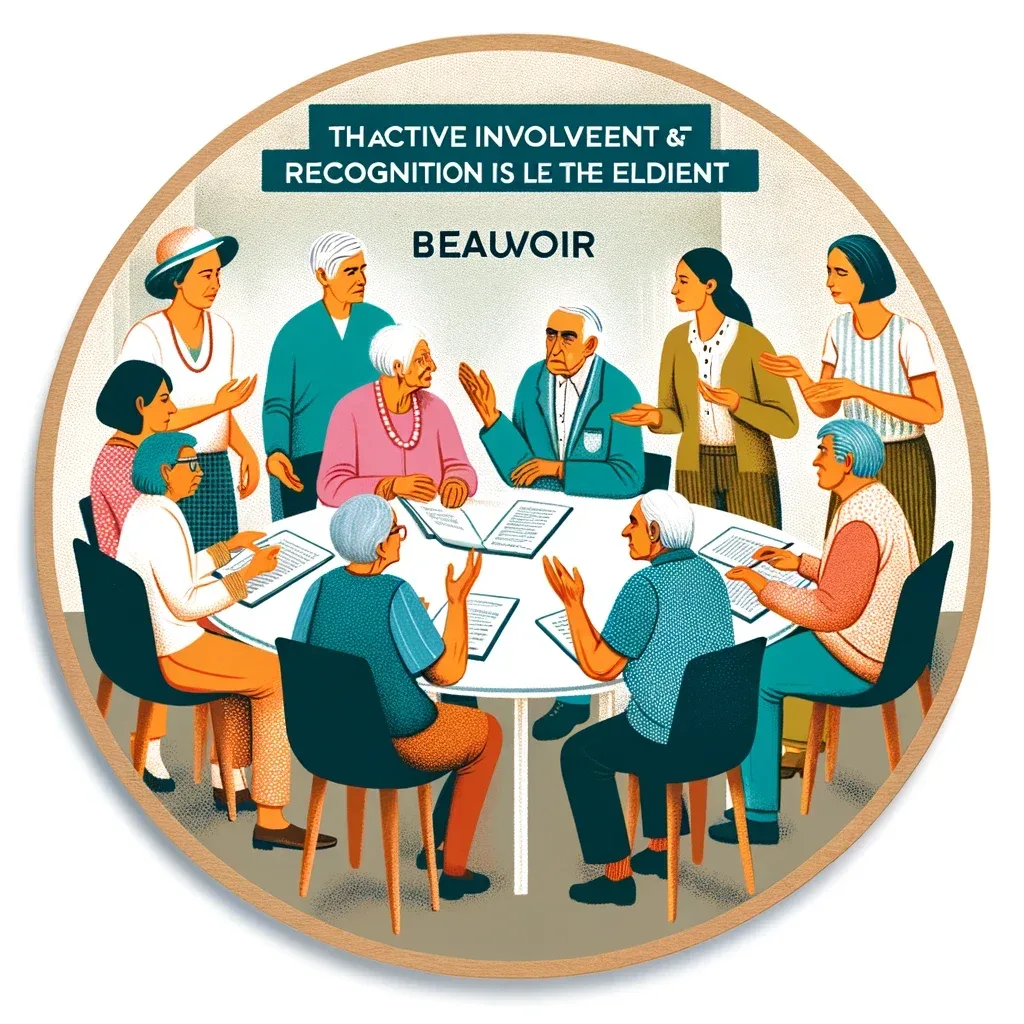
The Social Devaluation of the Elderly
Beauvoir criticized the tendency of societies to devalue the elderly, relegating them to a passive role. She addressed issues of isolation, loss of status and the social invisibility that often accompanies aging.
The Struggle for Recognition
Beauvoir argued that older people should fight against marginalization and seek ways to maintain their relevance and contribution to society. She argued that old age should not be seen as a decline, but as a continuation of life, with its own value and meaning.
Impact on Identity and Autonomy
The philosopher discussed how old age affects personal identity and autonomy. It explored the idea that aging can lead to an identity crisis, where individuals struggle to maintain a sense of self in the face of physical and social changes.
Beauvoir and the Personal Experience of Old Age
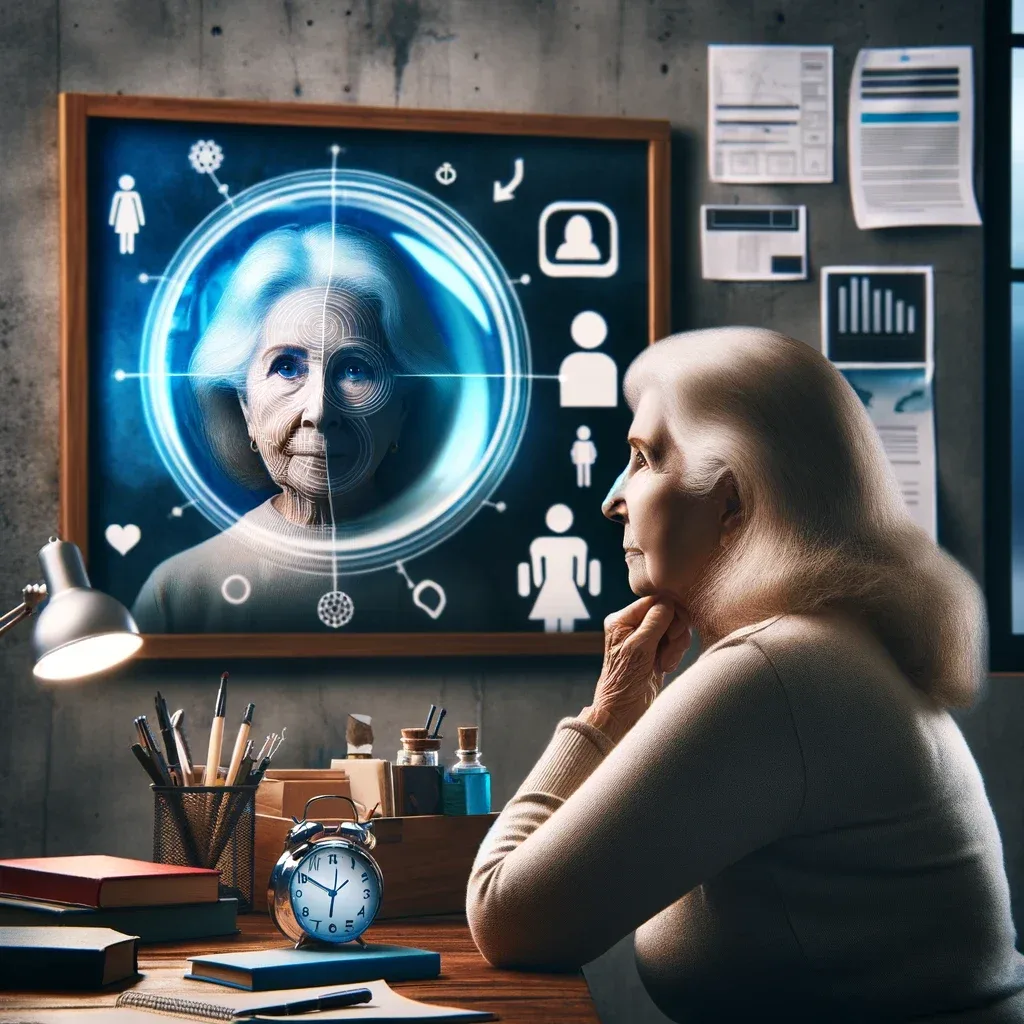
Personal Reflections
In her writings, Beauvoir shared personal reflections on old age, including her own experiences and observations. These reflections provide an intimate look at your ideas and feelings about aging.
Old Age and Feminism
As a prominent feminist, Beauvoir also examined how old age especially affects women. She highlighted gender issues in aging, such as the way in which older women are often more marginalized than men.
Relationship with Other Works
“Old Age” is not an isolated work in the context of Beauvoir’s thought. It relates to her other works, especially “The Second Sex,” in which she explores the oppression of women, providing a basis for understanding her ideas about old age.
Conclusion
Simone de Beauvoir's vision of old age is an invitation to reflection and action. She challenges conventional notions of aging, emphasizing the dignity, autonomy and value of older people. Her ideas continue to be extremely relevant, offering a crucial starting point for contemporary discussions about aging, the role of older people in society, and the intersection of age and gender. Beauvoir's work is a powerful reminder that old age, far from being a decline, is an important and significant phase of human life.
Frequently Asked Questions about Simone de Beauvoir's View of Old Age
In this FAQ, we explore the main questions related to Simone de Beauvoir's view of old age, addressing her book “Old Age”, the social and personal implications of aging, and the relationship between old age and her other works.
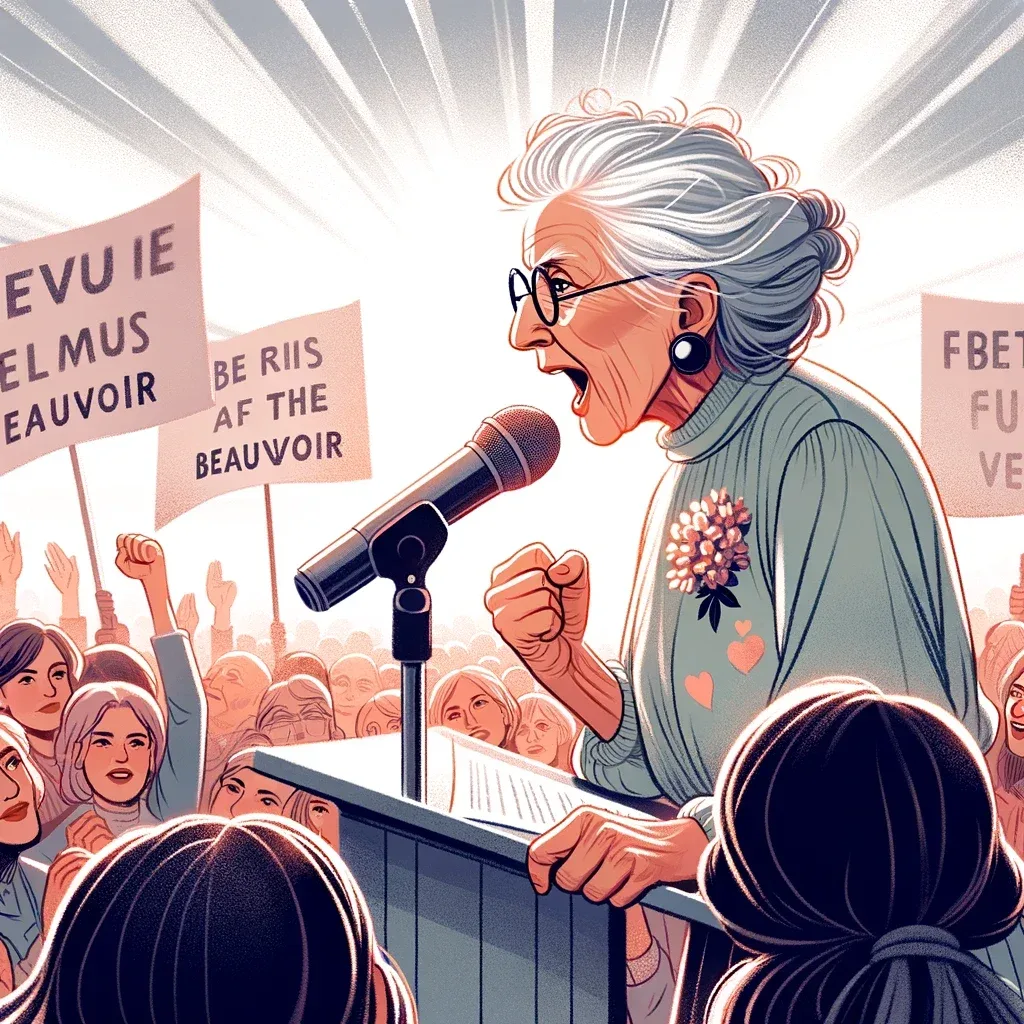
1. What led Simone de Beauvoir to write about old age?
2. How does Beauvoir describe old age in her work?
3. What is Beauvoir's main message in 'Old Age'?
4. How does Beauvoir connect old age with gender issues?
5. How is old age seen in Beauvoir's existentialist perspective?
6. What are the social impacts of old age according to Beauvoir?
7. How does 'Old Age' relate to 'The Second Sex'?
8. What is the contemporary relevance of Beauvoir's ideas about old age?
9. How does Beauvoir approach the issue of identity in old age?
10. What were the philosophical influences on Beauvoir's 'Old Age'?
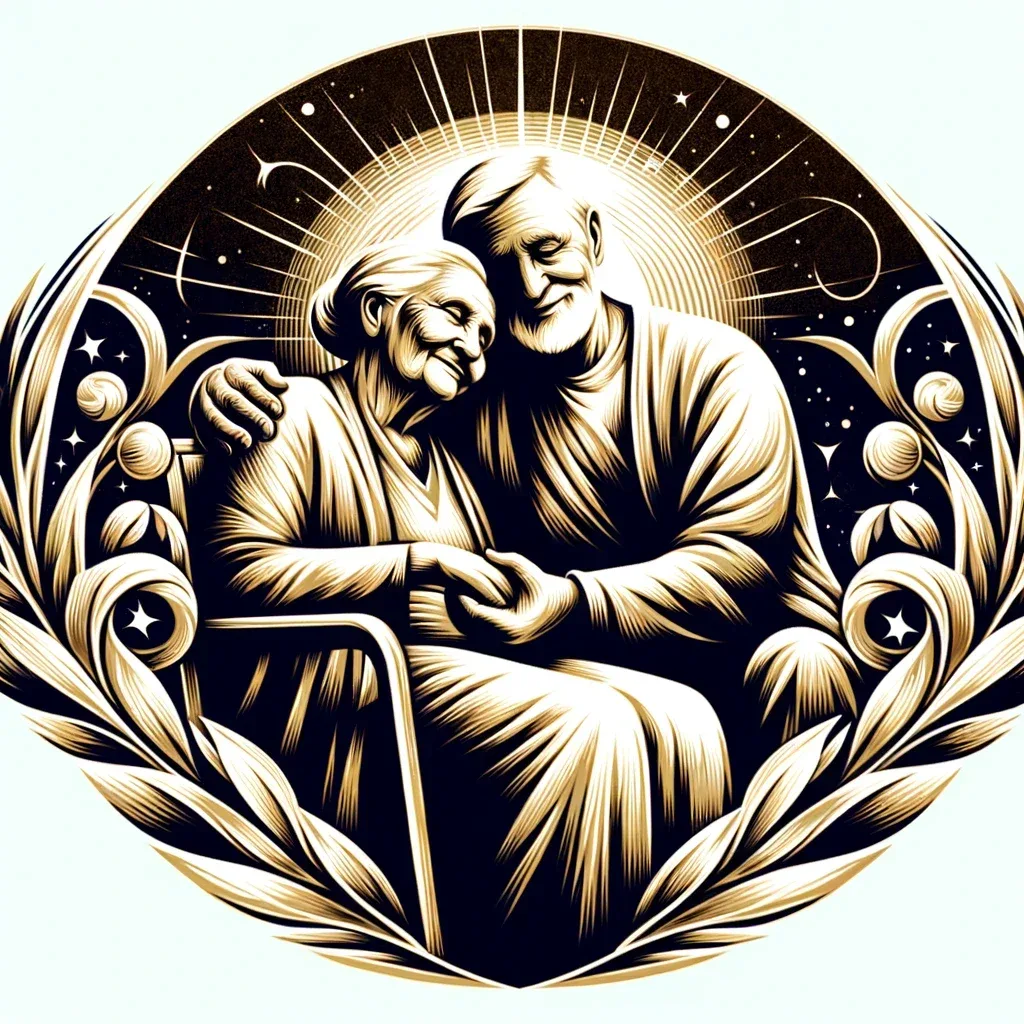
This FAQ offers a comprehensive look at Simone de Beauvoir's reflections on old age, covering everything from her motivations for writing on the topic to the social and personal implications of her ideas.




